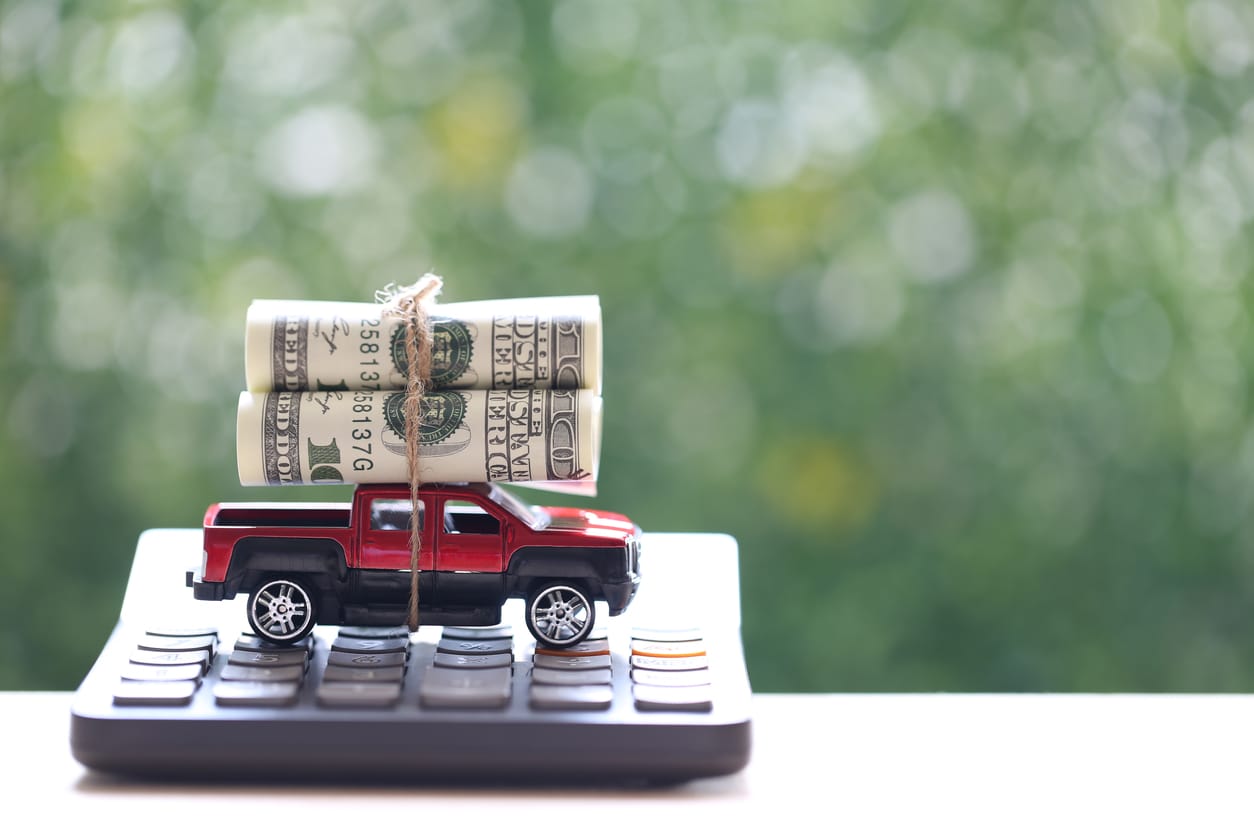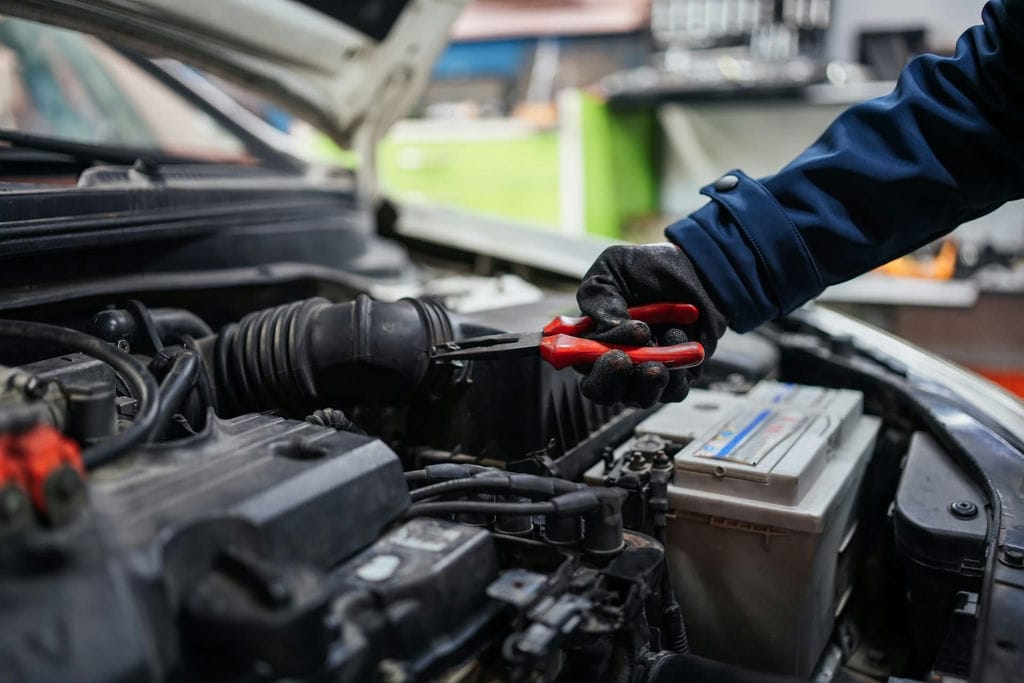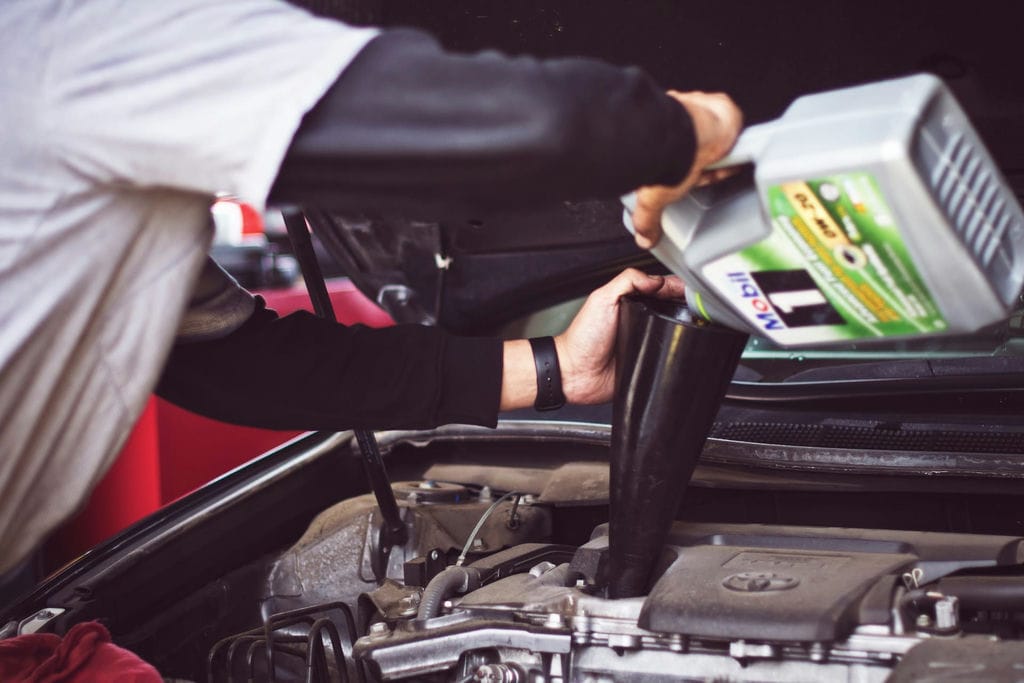A car is typically the second-largest asset purchase made by most people after a house. However, a car is a depreciating asset, unlike a house. So is it true that its value declines when you drive a car out of the showroom?
Knowing what causes car depreciation, what factors are most important when buying or selling a car, and how to make an informed decision are all important.

The difference in a car’s value between the time you purchased it and the time you want to sell it is referred to as depreciation. It is, in essence, a loss of value over time. For example, when you drive a brand-new car out of the showroom, it loses between 10% and 20% of its total value, and another 15% to 20% by the end of the initial year, making this the period with the highest depreciation curve, losing value due to wear and tear. It tends to hasten depreciation even more.
The following are the main elements that affect a car’s depreciation:
- Age of the vehicle – A vehicle loses value as it gets older. A vehicle’s age is determined by its physical condition and mileage.
- Fuel economy – Vehicles with higher fuel economy are more affordable and have higher long-term resale value.
- Make and model – Popular car brands and models, such as SUVs, typically depreciate more slowly than less popular brands and models.
- Quality of maintenance – A car will depreciate more slowly the better maintained it is, especially if records of its maintenance and service history are readily available as evidence.
- Condition of the vehicle’s exterior and interior – Improvements to a car’s value may include tints, leather interiors, aftermarket surroundings, and sound audio.
- Mileage – The typical annual mileage is around 10,000. Your car is worth less the more miles it has.
- Reliability – Some automobiles have a bad reputation for being unreliable. Surveys of customer satisfaction may serve as a basis for this.
Older models quickly become obsolete whenever a new model with new and better features and equipment is released.

What if you purchased two identical cars? One you parked in a garage and the other you drove around in. Which car do you think would be worth more in three years? The one with fewer miles on it, correct? And if you were to drive both while only keeping one in good condition. Which would lose less value over time? Correct, the more well-maintained one. Taking good care of the vehicle is essential. Make sure to perform the maintenance per the manufacturer’s recommended schedule. As well as keeping your vehicle organized and clean, keep all receipts and supporting documentation.
Unless it’s a classic or a collector’s item, every car will lose value over time. However, there are ways to lessen the depreciation of your car.
If you want a vehicle that depreciates slowly and has a hefty resale value, choose a model that prospective buyers in the years ahead are more likely to be interested in. In addition, it will help your car depreciate less if you consider the popular car types and colors in your city.
Taking care of the car is just as crucial as choosing the right one. A car will depreciate more slowly the fewer bumps and dents it sustains.
Buy a used car that has already experienced its initial significant value drop to reduce depreciation. For instance, a car driven for no more than three years would have first seen a sharp decline in value. Such a vehicle can be purchased for less money upfront while retaining most of its value for the following three to four years. If you’ve kept the vehicle in mint condition and sold it, you won’t lose much money to depreciation.

A car’s rate of depreciation is reduced, and its market resale value is maintained by keeping it clean and properly maintained. It serves the practical purpose of making itself more alluring to potential buyers. The engine, tires, and other wear are all reduced by routine maintenance and servicing.
Used vehicle shipping is a common business. Typically, people who are moving and taking their cars along. However, a significant portion of those are individuals who are buying and selling used cars everywhere. You can get in touch with Ship A Car to get an auto transport quote (no personal information), which helps you determine whether the deal they are considering is worthwhile (cost of car plus shipping cost).




